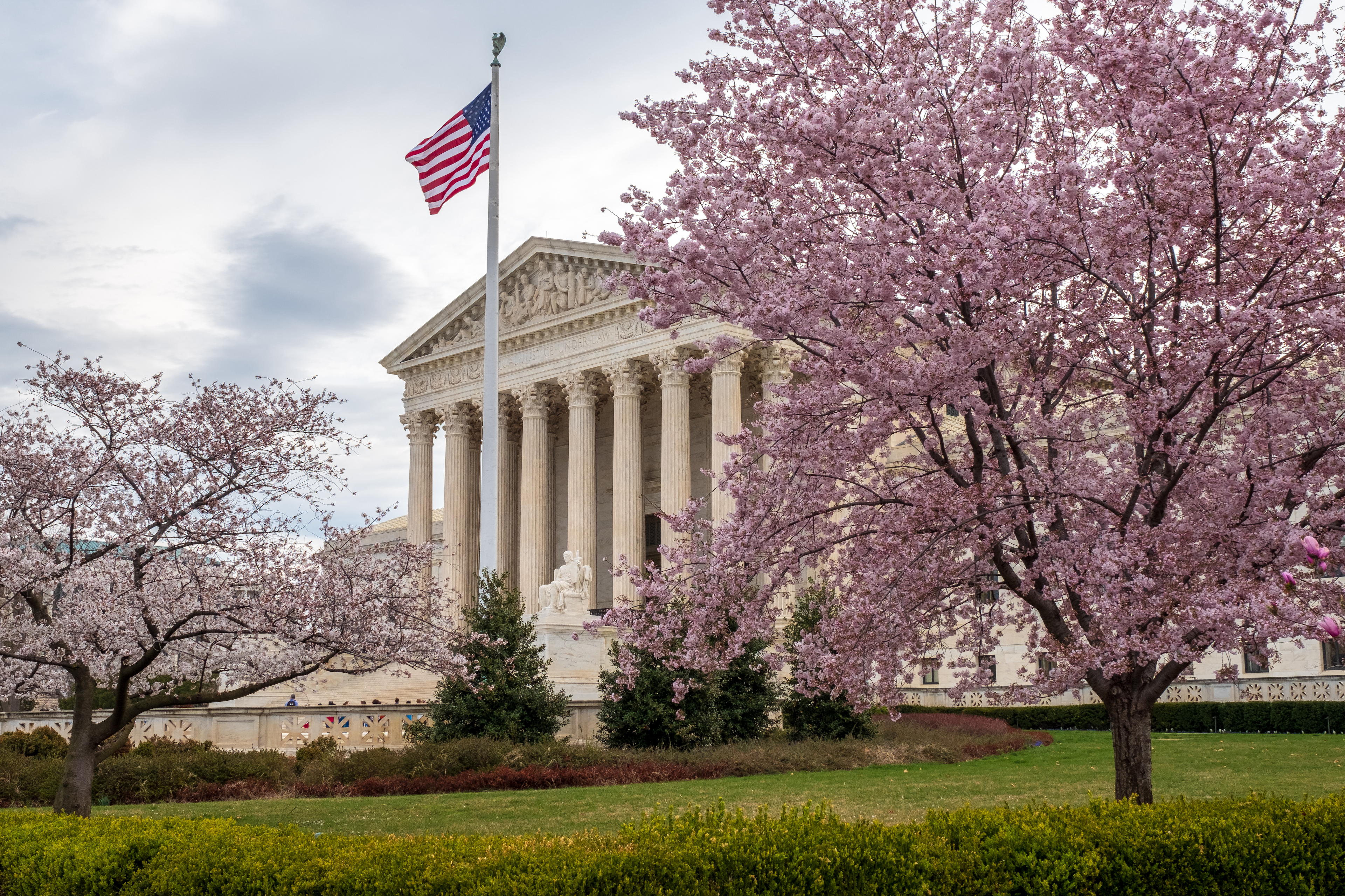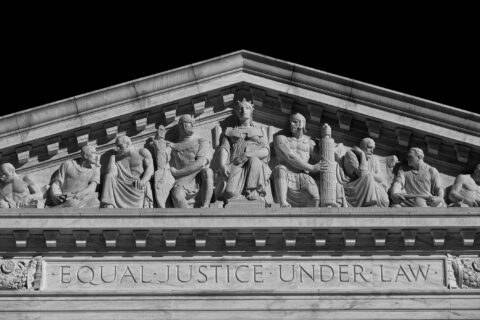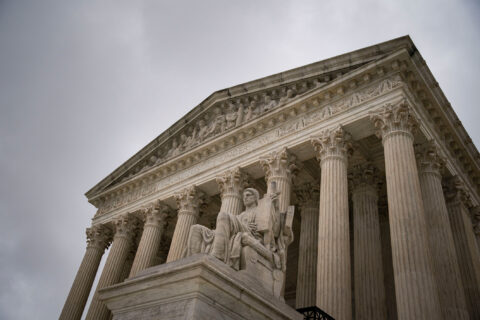The 2023-24 United States Supreme Court Term officially kicked off on Monday, October 2. During this term, the court will hear several cases that could impact local governments and their operations. The National League of Cities (NLC), through partnership with the Local Government Legal Center (LGLC), has joined a number of amicus briefs supporting and defending local government interests.
Key cases for local governments to watch include issues relating to a possible new standard for employment liability, the First Amendment regarding a public official’s social media account and the ability of local governments to collect legislatively enacted exaction or impact fees. As the court regularly accepts additional cases to their current term docket until the end of January or early February, there may be additional significant cases that touch on local government interests in the cases yet to be determined for this term.
Recently, the LGLC and its founding members, NLC, the National Association of Counties (NACO), and the International Municipal Lawyers Assocation (IMLA), hosted a webinar featuring legal experts previewing some of the local government issues and cases to be heard before the Court this term.
O’Connor-Ratcliff v. Garnier, Lindke v. Freed
The Supreme Court agreed to take on the issues in two important First Amendment social media cases. The issue in both of these cases is almost identical and relates to whether an elected public official’s social media activity can constitute state action under the First Amendment when the social media account in question purports to be personal in nature although it is sometimes used to communicate matters related to the official’s public office or role.
Courts have used different tests to determine what constitutes “state action” for the purposes of lawsuits brought forth under Section 1983. This law allows individuals to sue government employees and officials acting “under the color of state law” for civil rights violations. The Supreme Court will hear both cases and deliberate on the proper test for when a government official’s social media account is considered personal in nature and when it would be considered a tool of governance such that constitutional principles, including the First Amendment, would apply.
The Court could issue clearer guidance to help cities, towns and villages prevent liability in this area of the law and inform protocols and training for public officials on social media use.
Muldrow v. City of St. Louis
The issue in this case is whether Title VII prohibits discrimination in transfer decisions absent a separate court determination that the transfer decision caused a significant disadvantage. The court will determine whether an employee who brings a claim under Title VII for discrimination regarding a transfer or change of assignment must demonstrate a significant disadvantage or harm to support their claim.
Title VII of the Civil Rights Act of 1964 prohibits discrimination in employment based on race, color, religion, sex and national origin. The requirement of a judicial determination that an employee has suffered a significant disadvantage as the result of a transfer action before a Title VII claim of discrimination may be brought will reduce unnecessary litigation and liability for local governments.
For many local governments, their public safety and emergency response personnel may experience occasional lateral transfers and reassignments in the workforce to respond to the needs of the community. A ruling that weakens the requirements of showing an adverse employment action would create unwarranted liability for local governments as employers.
Scheetz v. County of El Dorado
he issue in this case is whether a land-use exaction or impact fees authorized by legislation are exempt from the unconstitutional-conditions doctrine found in previous decisions (Nollan v. California Coastal Commission and Dolan v. City of Tigard, Oregon). The U.S. Supreme Court has identified land-use exactions as a special kind of “taking” under the Fifth Amendment and “Takings Clause”. The Takings Clause says private property cannot be taken for public use without just compensation.
Under the Nollan/Dolan standard, when taking a land-use exaction, the government must satisfy an “essential nexus” between the government’s legitimate interest and the exaction and must show “rough proportionality” between the exactions and proposed impact of the development. The question for the Court to determine now is whether the Nollan/Dolan tests apply to exactions that are authorized through legislation, which are different than the ones imposed on an individual or implemented on an ad hoc basis as they apply to a broad class of property owners.
Since exactions have become an important tool to help local governments balance the need for smart growth with the impacts of that growth on their community, a decision that rules in favor of the application of the Nollan/Dolan test to legislatively enacted exactions would negatively impact local governments’ ability to assess these fees as they would need to meet a more demanding legal standard than most states currently require.
Culley v. Marshall
There have been two separate cases consolidated for the U.S. Supreme Court’s review in this matter and both involve the issue of whether the Due Process clause requires state or local governments to provide a post-seizure probable-cause hearing to occur prior to a statutory judicial-forfeiture proceeding and, if so, when such a hearing must take place. This will be the second time the court has granted agreed to take on this issue since 2009, when they accepted a case with similar issues but ultimately dismissed the case as moot – meaning the underlying controversy had been resolved in one way or another.
The determination of whether the Due Process clause requires a probable cause post-seizure hearing directly impacts local governments as it could open new avenues for liability if such a hearing is required. New requirements that such a hearing must be held in a certain time frame will raise issues of financial liability on local governments and may cause additional operational strains if the ruling imposes an unreasonable speedy hearing requirement.
As argued by local government interest groups when the 2009 case was accepted by the U.S. Supreme Court, this case raises federalism concerns as states can and do impose their own requirements on this matter on top of what the Due Process clause requires to protect innocent owners from onerous forfeiture proceedings. Therefore, the proper way to address concerns regarding the requirement of a probable cause post-seizure hearing and the timings of such should be handled through the state legislative process as they are better equipped to weigh in on the competing interests versus the federal courts.









